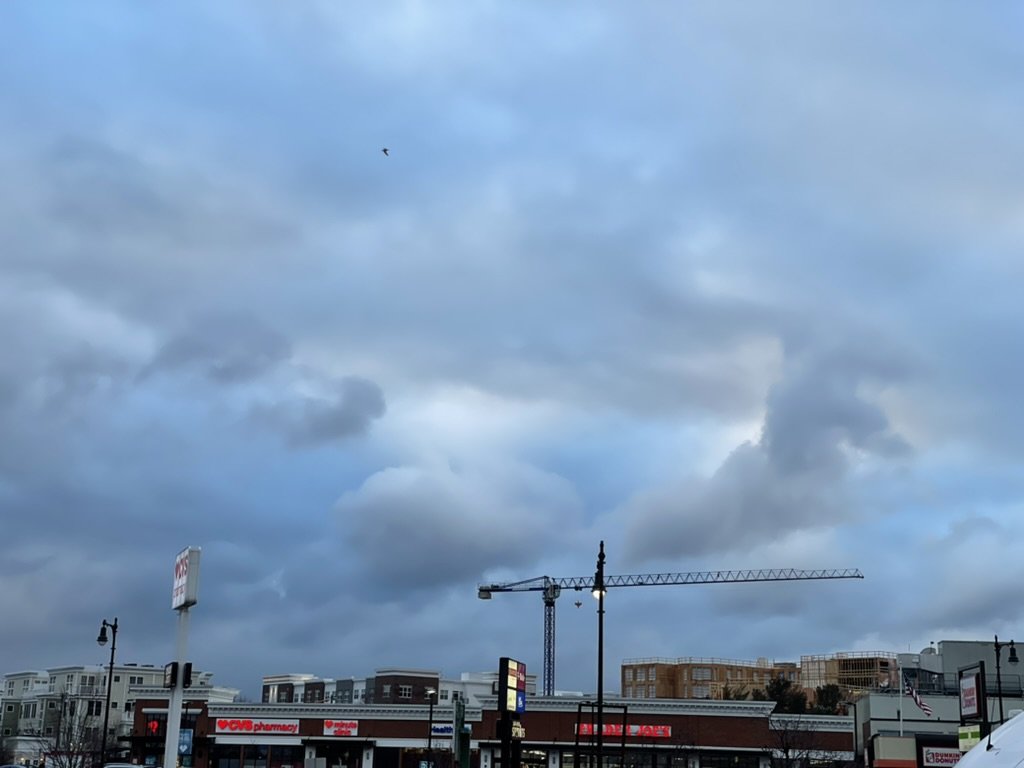An encampment that will soon be cleared...
originally posted as a twitter thread
In a site slated for "redevelopment", an encampment of five or six people is barely noticeable to passers-by. The development itself, a large multi-use building that includes new housing, is fine. But it also highlights a built-in problem with "urbanism" – a problem of success.
An urbanist focused on housing supply will see this project and appreciate that, yes, it contains new housing. But it’s aimed at housing categories of people more palatable than the people in the encampment. (I'm being vague b/c this isn't about the project, which itself is... OK.)
These people need housing too, but they are mostly just housed in less ideal conditions currently. And while in the bigger picture, adding housing overall is important for unhoused people, it can also make their conditions worse.
Adding housing in a thoughtfully-designed way can simply bring more people into a city – increasing demand as much as it increases supply. This is lovely for housed city-dwellers as cities become more and more pleasant to live in. But it may not improve urban homelessness.
These outer suburbs are not eagerly building low-income housing, putting out welcome mats for disenfranchised and impoverished refugees from the center city's design victories. Nor are they good places for really poor people to live. My patients who do get shipped out there end up deeply isolated, cut off from any but the most basic public transportation, and therefore from much of their prior supports. And as the city core gets more and more lovely and Jane Jacobs-y, and prices continue to rise in response, another thing happens.
The supply of sub-standard housing – a run-down single-room occupancy hotel, for instance – also starts to decrease. This kind of housing is just harder to find in vibrant city cores. So even if you get some money some kind of way, it's still hard to get a room without a lot of money.
So what will happen to the people in the encampment? The new development – mixed-use, incl. housing, inclusive of cultural context of the neighborhood, etc – will be one more part of reducing interstitial in-between space – the places they can tuck themselves away.
That will mean that wherever they land will likely be somewhere more visible. Somewhere more likely to inspire San Francisco-style rich liberal anger – the impervious-to-logic zone that combines "how could we allow people to be unhoused" with "get these people the f**k out of here.”
I give credit to Boston's mayor. She's done a lot to quickly house unhoused people. In fact, the fast moves she's made just show how much unused possibility there was. But the pressures are structural. Their effects are indirect but powerful and relentless.
Without even more effort, what will happen more and more, is what's happened in San Francisco. The people who've been in tucked-away spaces, in SROs, or other marginal or interstitial spaces, get those spaces taken away. In the "successful" city every square foot is claimed.
That means the people tucked away will more often "appear" on the street, in public space. Other ppl will blame substance use or mental illness – problems that have afflicted these folks most of their lives – as if these things were new. There will be calls for a crackdown against these very people who right now, are staying in an encampment no one is noticing. (Well... no one but them and a few of the rest of us.)
So: while no one is mad about the unused space they're taking... is their homelessness a policy problem? Or, is homelessness not such a big problem as long as it takes place in an unclaimed interstitial space? If you care about the problems of the people themselves, it's the same problems of poverty and despair whether housed people see them or not. The only solution is housing.
If you want a vital living city where every bit of space is used and alive, we have to find spaces for all the people. Not just "affordable" housing pegged to some amount less than average median income. But truly, housing for people with no money at all. This encampment can only last so long.

